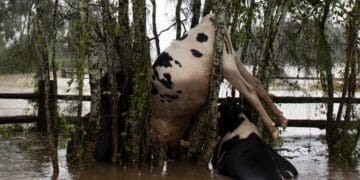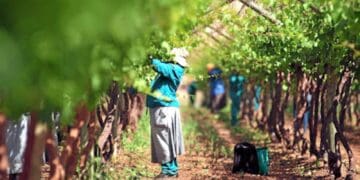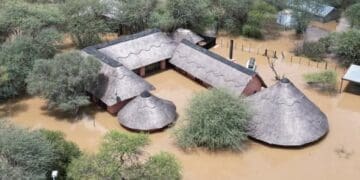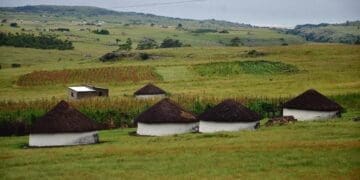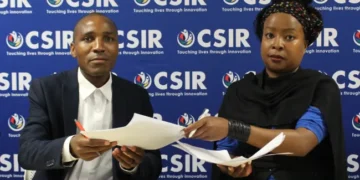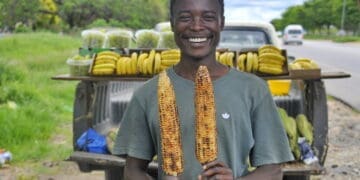For Maria Enivah Monyeki, the founder of M-Rock Stone Trading, the economic challenges in small Mpumalanga towns like Digwale, KwaMhlanga and Siyabuswa are deeply personal.
As a director and founder of the manufacturing business, she has witnessed first-hand how a struggling local economy can limit growth and opportunity.
Thus, the Mpumalanga government’s recent pledge of over R11 million to support struggling SMMEs has sparked both hope and concern. While Monyeki welcomes the move, she believes the initiative must go further and reach under-resourced towns outside the current focus area.
“Digwale’s economy is bad,” Monyeki said. “We need targeted assistance to revive key industries like manufacturing and help struggling SMMEs get back on their feet. Sabie is not the only place facing economic decline.”
Her comments follow the announcement by the Mpumalanga economic development and tourism department of a multi-million rand intervention aimed at reviving Sabie’s ailing economy and stimulating sectors such as forestry, mining and manufacturing.
During a stakeholder engagement in Sabie, MEC Makhosazane Masilela highlighted the province’s commitment to restoring the town’s former economic strength.
“Sabie was once a vibrant hub for tourism, timber and mining,” Masilela said. “This intervention is about reigniting those industries, supporting local entrepreneurs and creating sustainable livelihoods for our people.”
The town has experienced a severe economic downturn in recent years, largely due to the closure of several businesses. This has resulted in high unemployment rates.
As part of the intervention, R1 million will go to Thalita, a local development agency responsible for revitalising mining and forestry operations in the area.
The remaining R10 million will be managed by the Mpumalanga Economic Growth Agency (Mega), which will provide financial and non-financial support to SMMEs across the province.
Mega spokesperson Sipho Dlamini confirmed that the agency would work closely with local business structures to ensure that the application process was accessible, transparent and aligned with the needs of township and rural enterprises.
However, not everyone is optimistic about the implementation.
David Magagula, who is the chairperson of the Greater Sabie SMMEs, raised concerns about bureaucratic hurdles that often made it difficult for entrepreneurs to access support.
“The funds are welcome, but the process of accessing them must be simplified,” he said. “Many of our members have given up trying to apply because of excessive paperwork and unclear requirements.”
Thabo Mkhabela, a wood-processing entrepreneur in Sabie, said he saw great potential in the funding, if it was used effectively.
“We just need a fair chance,” Mkhabela explained. “With some funding and technical support, I could expand my operations and hire at least five more people. It would change my business and help the community too.”
Monyeki believes that extending the programme to towns like Digwale could ignite economic renewal.
“A targeted approach toward manufacturing here could lead to job creation and reduce reliance on a single economic sector,” she said.
“But we need transparent processes and a clear understanding of what SMMEs in each town need.”
If implemented effectively, this funding initiative has the potential to go beyond individual business survival. It could help lay the foundation for long-term, inclusive growth.




